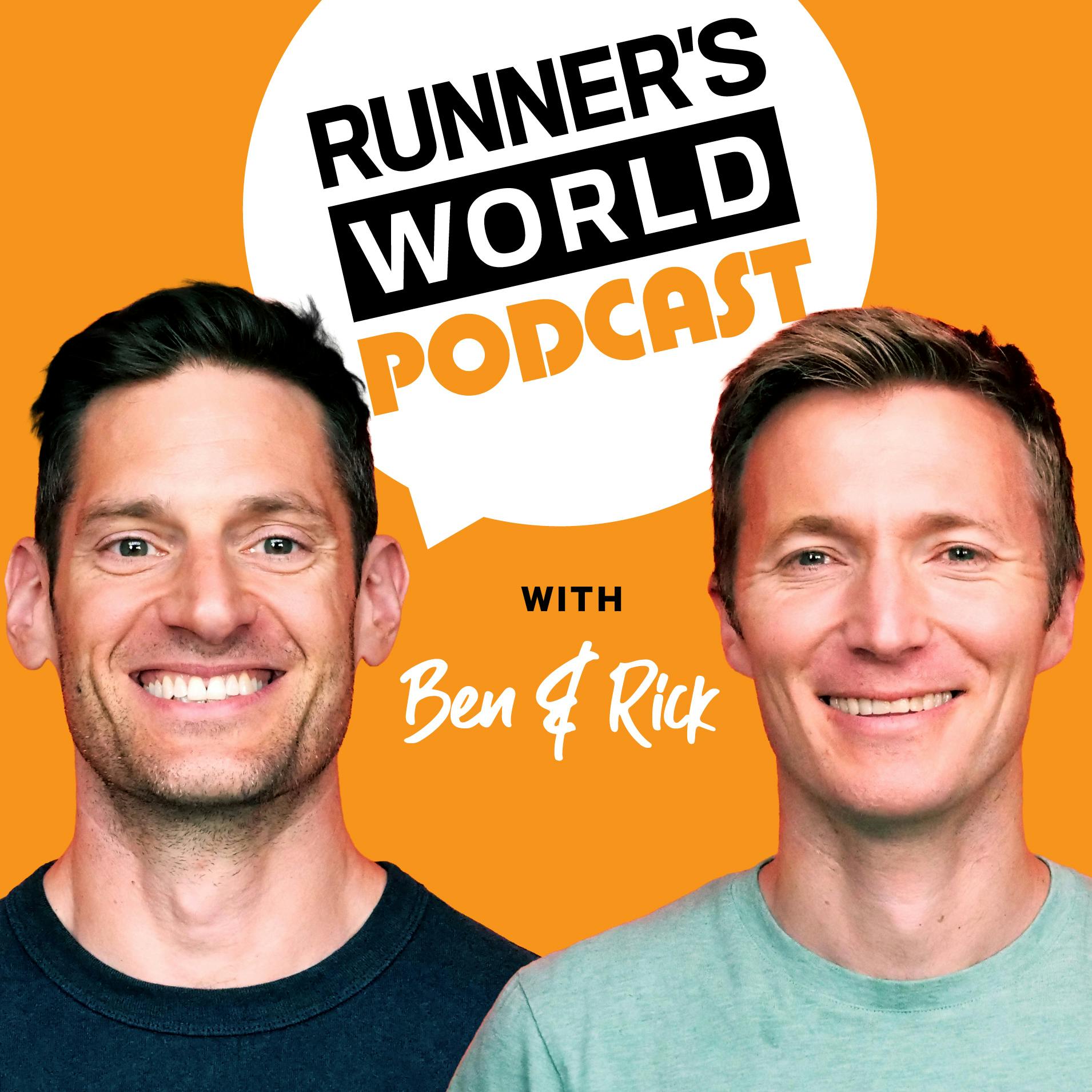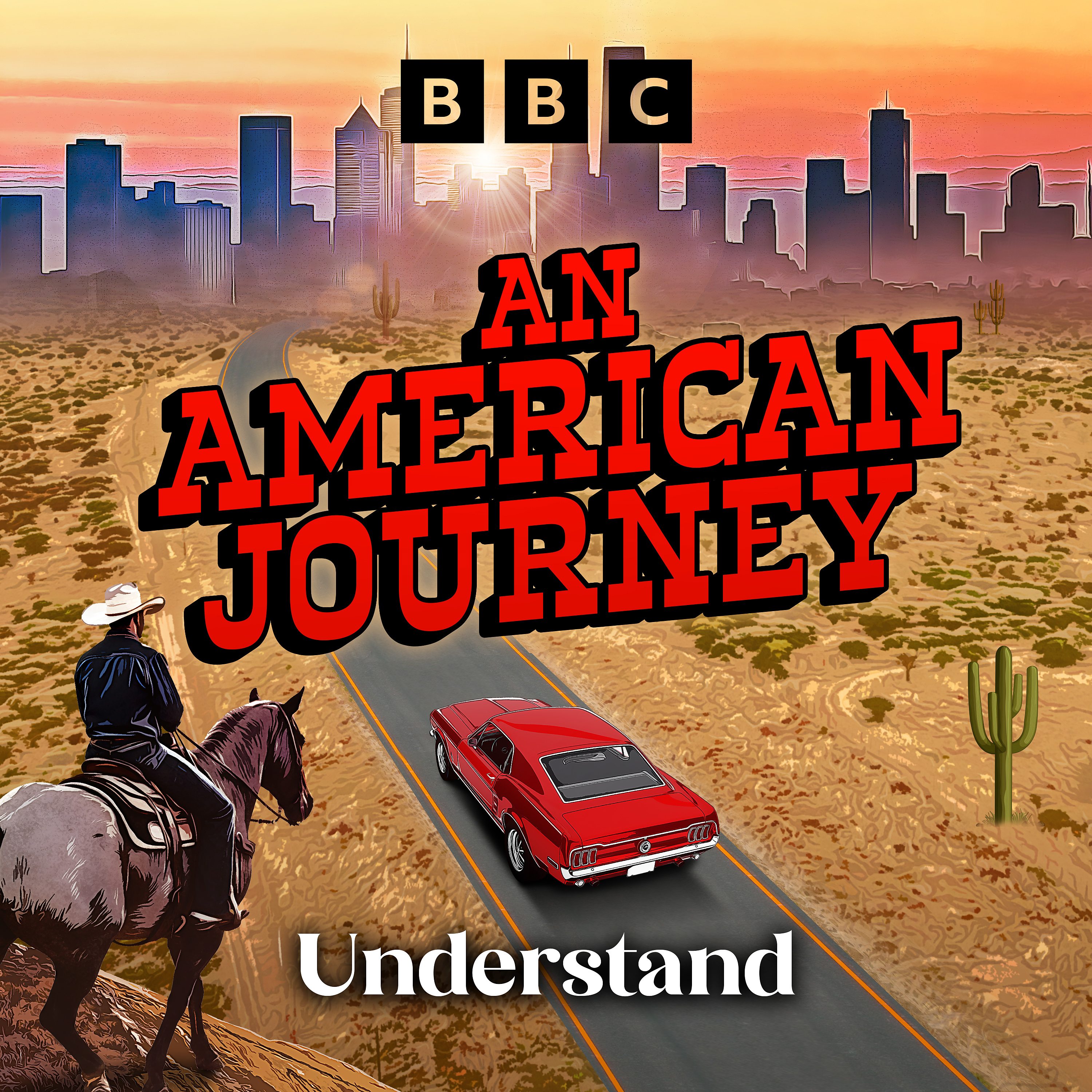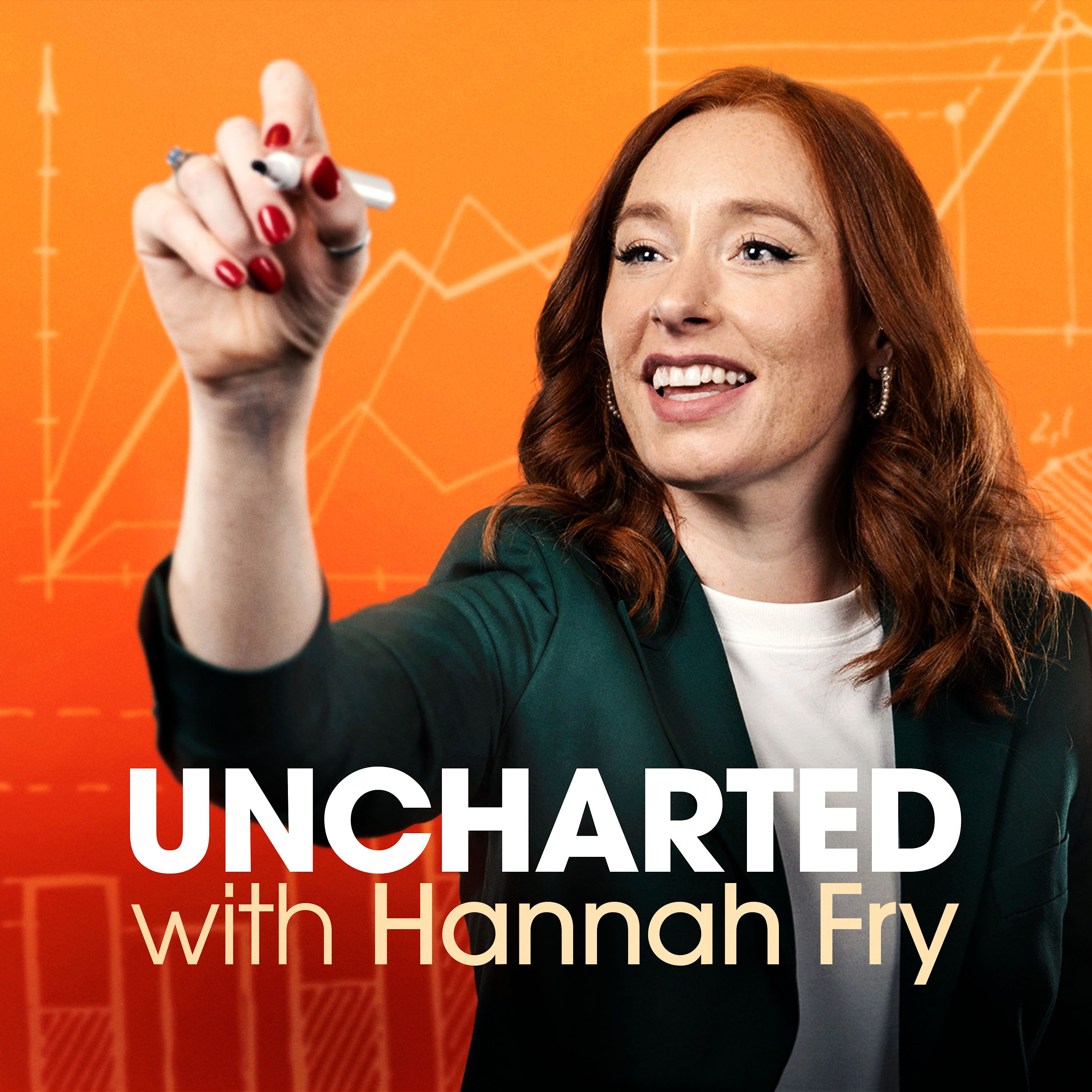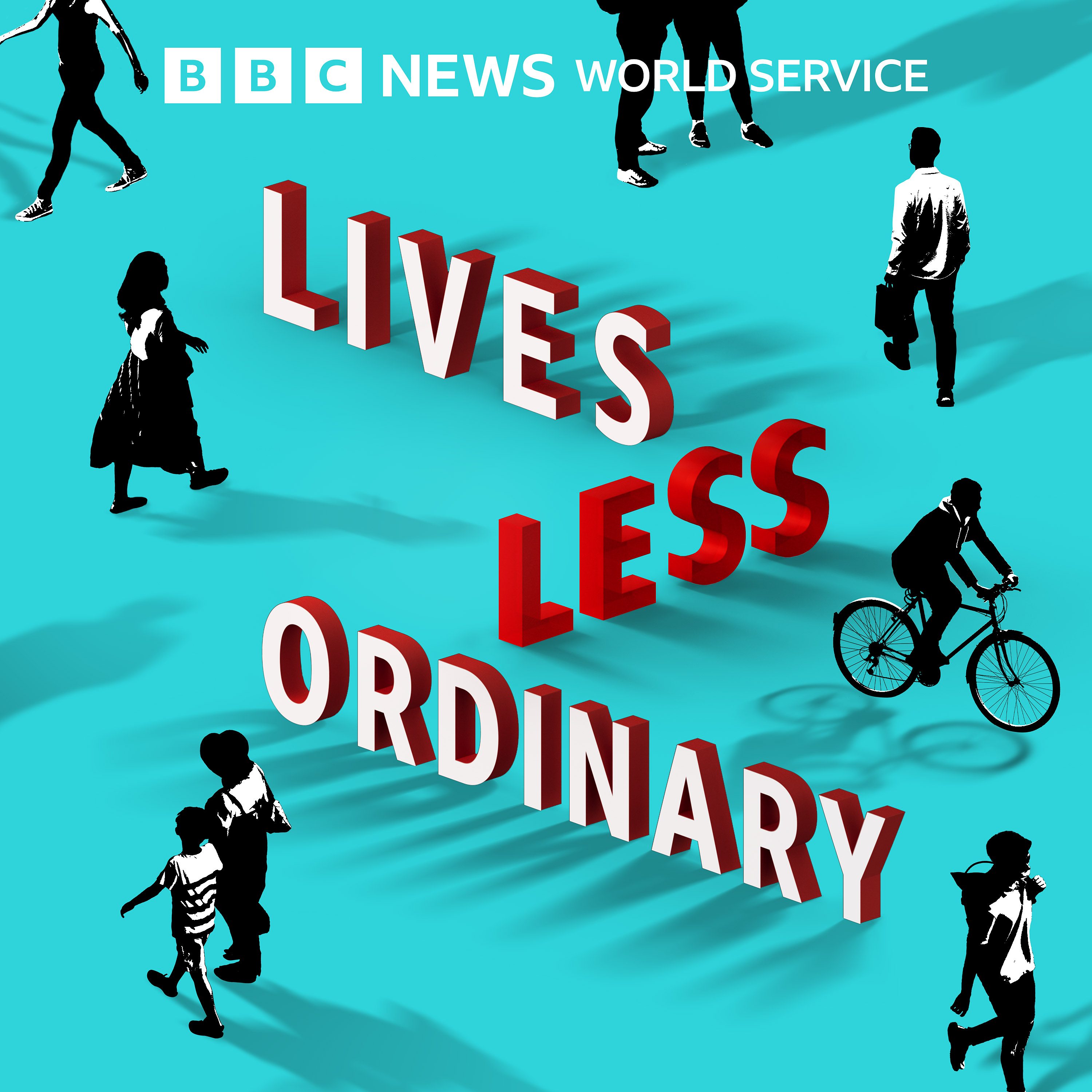
Brian's Run Pod
Welcome to Brian's Run Pod, the podcast where we lace up our running shoes and explore the exhilarating world of running. Whether you're a seasoned marathoner, a casual jogger, or just thinking about taking your first stride, this podcast is your ultimate companion on your running journey.
Join us as we dive deep into the sport of running, covering everything from training tips and race strategies to personal stories and inspiring interviews with runners from all walks of life. Whether you're looking to improve your race times, stay motivated, or simply enjoy the therapeutic rhythm of running, Brian's Run Pod has something for every runner.
Brian's Run Pod
The Three Amigos Part Two
What if the essence of the Olympic Games has remained timeless despite modern advancements? Join us as we welcome back our friends Jon and Paul for a spirited discussion on Brian's Run pod about the core nature of the Olympics. Together, we explore how the universal appeal of athletic competition and the inspiration from athletes performing at their peak continue to captivate audiences worldwide. Paul shares his heartfelt plans to involve his son Adam more deeply with the Games, highlighting how sports teach discipline and provide common ground. We also contrast the motivations and rewards of Olympians with those in other professional sports, showcasing their sheer dedication.
In the second half, get ready for a fun-filled Olympic trivia game that takes you through the rich history and fascinating facts of the Games, from the inaugural 1896 Athens Olympics to Michael Phelps' astonishing records.
In summary I really enjoyed this episode. Just talking to my friends about their passion for running. Plus, their experience of watching the Olympics growing up. If you've not listened to the first episode then please do.
Brian's Run Pod has become interactive with the audience. If you look at the top of the Episode description tap on "Send us a Text Message". You can tell me what you think of the episode or alternatively what you would like covered. If your lucky I might even read them out on the podcast.
Instagram
So you're thinking about running, but not sure how to take the first step. My name is Brian Patterson and I'm here to help. Welcome to Brian's Rompod. Welcome back to brian's run pod, and it's me, your host, brian patterson. Welcome you to the second part of my chat with my good friends john and paul and I'm not talking about the beatles, um, anyway, we're as near as good to the next best thing. Basically, in the second part, we continue our discussion about the Olympics and we do another first on Brian's Rompod. A quiz, would you believe it? Let's, so let's, lace up your running shoes and listen to this enjoyable discussion, and I hope you enjoy it as much as we did. You know all the time to watch things, but also, I just think the way we consume entertainment is different now, do you think because of the times we're living in, like you know, like certain countries?
Speaker 2:aren't included. I don't know if Russia is included, or is it?
Speaker 1:included as an Olympic team or something like that. Does that kind of dilute the Olympics experience for you? Or you know, you still think it's kind of you know the best of the best you know are competing at an elite level. Yeah, I mean, I think you strip it back to what it is you know, to what the Olympics was originally. You know it hasn't changed. It's still people running against each other or throwing something or you know a test of strength or whatever, and actually that's quite pure. You know, if you think about how you know and I know training will have changed, the facilities will have changed, the way we measure things will have changed.
Speaker 1:But actually the 100 metres is eight people in a final running as fast as they can to get 100 meters away, and that you know that that can be done. Whether you're canadian from you know indonesia wherever. I think I think it's a great. You know that that is a great level of it and I think a lot of other sports and things have changed massively. You think of football, you know var and just everything it you know. I suspect if you looked at that from you know what it was 100 odd years ago it would look completely different, but running 100 meters doesn't change much.
Speaker 1:People are quicker now you know, it's very pure reform yeah, performance correct and and it's a very you know, I think this. I mean, I'm not a huge fan of boxing, but I get the sort of quite simple challenge in it. It's a duel, isn't it? It's two big lumps trying to, or little guys. Other Tories yeah exactly, and I think there's lots of elements of the Olympics that are very much like that, of elements of olympics that are very much like that. Yeah, yeah, I mean in terms of your, because your son's a lot older now. He's 12, isn't?
Speaker 1:he and not yet, yeah, not yet oh, yeah, oh, of course, you are his godfather, brian but we'll let you off next month, nearly by the time this one out.
Speaker 2:He may will be 12.
Speaker 1:Yeah, we'll let you off, yeah so do you think the in that experience kind of translate downs to them, you know? So what do you think, paul?
Speaker 2:well, it's interesting, isn't it? Yeah, adam doesn't need much encouragement to take an interest in sport generally, but actually the last olympics he would have been 11. I don't think he got particularly enthusiastic about them. So maybe my challenge this time around is to sit and try and engage him, because I'm a big believer that, you know, sport is a great thing to. It's a great thing at work to talk about, you know, in terms of finding common ground, yeah, it's also quite inspiring, I I think, for young people to see that when you put a lot in, you get something out. So this whole piece around your performance being a product of an awful lot of hard work, training, discipline, conditioning, diet, sacrifices so I think this year I'm going to set myself a bit of a challenge to make sure that I'm engaging him on the Olympics as much as I do with football and cricket I'm also a great when I was growing up with it a great belief of kind of like, when you're at play, you kind of replicate the people you see on tv sort of thing being.
Speaker 1:You know, because you know. I remember anna when she was small, pretending to run like kelly holmes or whether it was that 2004, that kind of thing yes and I think that kind of pretend you know you're playing with it yes it's quite important yeah, so, yeah.
Speaker 2:So they put themselves in the other individual's shoes yeah. Adam's probably a little bit the other side of that now in terms of his age group, but I still think there's an awful lot of inspiration to come from watching sports people yes, exactly, exactly, inspiration.
Speaker 2:That's probably what it is, yeah and one of the big things I think is with Olympic athletes. Yes, they're different to what they were 20 years ago in terms of the remuneration they get from different sources and the level of backing. But they're not. You know you are overpaid premiership. They're not millionaire premiership footballers. Yeah, you know they are, they're not millionaire premiership footballers. They are still people that are predominantly focusing on their sport. I'm not saying that a lot of footballers don't, but I think, going back to John's point, there's a lot more purity there in terms of a lot of the disciplines that are there in the Olympic arena, in terms of the level of funding that these individuals have and the fact that sport is at the heart of what they do, as opposed to the way they get remunerated for it. Certainly, in a lot of the marginal sports, and I'd probably say in a lot of the areas of athletics as well, I only found out the other day, lottery funding was thanks to John Major, was it yes?
Speaker 1:Good old John Major.
Speaker 2:Was it yes, good old John.
Speaker 1:Major. Yeah, I think he got the idea because he was into his cricket. Yeah, chelsea and cricket, big sportsman. Anyway, that's an aside, so not that this is a we're encroaching into a political debate Our election special on the 4th of July.
Speaker 2:Sorry, we are moving book, we are moving. We are in purdah now, aren't we? Yeah, yeah, yeah. Sorry, I can't say anything.
Speaker 1:No, just strike that from the record yes, yes right, so right. I did kind of prepare a little quiz so I could either do a and it's a really simple. You know you shouldn't say it's simple, because now Paul and I are under pressure. So I could either do I ask you one question, john, and then if you can't get a question, then it goes over to Confirm a friend.
Speaker 1:I can pass it on to Paul, or I can leave it. Just ask both of you or it's however you want to do it. I can pass it on to Paul, or I can leave it. Just ask both of you, or it's however you want to do it, but you will get. I mean, I'm sure you'll get you'll definitely get all of these right, do them alternately, because we've been doing the questions alternately.
Speaker 2:Yeah, you want to do it alternately.
Speaker 1:We can just hope one of us doesn't have a complete brain freeze. Okay, I did actually test these out with Katie, my wife. Did Katie get them all right? No, not all of them. No, no, no, oh, oh, he's looking at the back. I'm not cheating. I'm not cheating.
Speaker 2:I mean what?
Speaker 1:is this? So there's 20 questions. Oh wow, okay, so there'll be 10 each, so we'll start off with a really easy one.
Speaker 2:I'll take that, okay, john okay.
Speaker 1:so in which city was the first modern olympic games held in 1896? I'm going to say athens. Correct, right over to you, did Paul? Did you know that I would have got that? Okay, right, paul. What five colours are on the Olympic rings?
Speaker 2:Okay, black, black, yellow, green, red, blue.
Speaker 1:Correct, easy one. This one for you, paul. I mean John, you've got one wrong. How often are the Summer Olympic Games held? They're held every four years, brian, right. Okay, over to you, paul. Which country has won the most Olympic medals overall?
Speaker 2:Is this Summer Olympics? Only, only, yeah, I suppose.
Speaker 1:Yeah, I'm gonna say usa, yep, correct, right thinking might be a tricky one, but I'm first of all on this question. You can get a bonus point. I'll tell you why. Okay, so what is the olympic motto? Bonus point is is, if you can say it in greek, I've got a clue. Do you know what the olympic motto is? No, I've got a clue. Pull I'm just having a bit of a thing, can you not? Can you not reach down and grab your 2012?
Speaker 2:just don, just don't ever think about it. No, I don't.
Speaker 1:No, faster, higher, stronger, yeah, okay, I'll be honest, I've never heard that. Oh really.
Speaker 2:Never heard that, oh well.
Speaker 1:I think they do it on, have it on, I don't know, sometimes on the stadium or something. Right, Paul? In which year did women first compete in the Olympics?
Speaker 2:Oh gosh, I say I said well, I need to get my year picks 1950.
Speaker 1:It's funny Kate said that 1900. Just 50 years out, paul.
Speaker 2:Yeah, Level pegging, I think so.
Speaker 1:John, which sport around it? Then that are your level pegings, I think.
Speaker 2:These are trickier than you doubt, Brian, by the way.
Speaker 1:So, john, which sport is nicknamed the Queen of the Olympic Games? Which sport? Which sport is nicknamed the Queen of the Olympic Games? This is a complete guess. The Queen of the Olympic Games? I don't know, something like equestrian. Is that a sport? Hang on, that's not a sport, that's an event, isn't it? Let me get a sport tennis, athletics, we've got okay. Track and field, alright, okay. Which, paul? Which country hosted the 2020 Summer Olympics? I can't even remember.
Speaker 1:This is terrible isn't it we probably should have Swatted up Before this Just even a cursory Japan Correct, correct. When was, when was, when was, by this point, do you know when was the previous Time? It oh because it was all, of course, it was all Covid, in fact. Do you know the previous time it was hosted in Japan, tokyo? I think it was all COVID. Do you know the previous time it was hosted in Japan, tokyo? I think it was in my lifetime.
Speaker 2:I'm not sure it was. I'm going to go 72.
Speaker 1:64. All right, definitely not in my life. All right, okay, right, john, who is the most decorated Olympian of all time? I think it's Michael Phelps, correct, right, paul? What is the name of the Olympic Flames journey from Greece to the host city called? So we had it coming through.
Speaker 2:Yeah. Turkey didn't we yeah, the old torch relay.
Speaker 1:The Olympic torch relay.
Speaker 2:All remembered.
Speaker 1:Yeah, very good, right, john. A little bit tricky this one, but in which year were the first Winter Olympics games held? Can I have a clue? They're clearly not in the same year as the. Well, up until I don't know a certain point they were held in the same year. I can't remember which year. Oh, they did used to be in the same year.
Speaker 2:So yeah, that's right, I'm going to go.
Speaker 1:58. 24, 1924. You knew that, paul, didn't you? No, right, next one for you, paul. Which country won the first gold medal in the Model Olympics? First gold medal In 1896. Yeah, which country won the first gold medal in the model olympics? First gold medal in 1896? Yeah, which country?
Speaker 2:won the first gold medal in the modern olympics.
Speaker 1:Great Britain, United States, really wanted you to get that right, John. How many sports were included in the first modern olympic games? And I can probably say you can say I'll take a correct answer if you say under so many or Under a thousand.
Speaker 2:No, no, no no, no, no, God, that's just silly, isn't it?
Speaker 1:No, let's say between you know between that. So, because I don't even know how many sports they're on now. There weren't that many, it was, there was not many at all. What sort of range am I allowed? Are we talking like 5 or 10? How many? So if I said like between 15 and 20, that's not my answer. By the way no, no, no, I'm just testing, yeah, yeah if you were doing, if you were doing that kind of thing between yeah, so yeah it would.
Speaker 2:There was not not many sports come on, john, you can get this did you think 1896.
Speaker 1:Okay, between 10 and 15. If you said 5 to 10. I was going to say 5 to 10 right how many was it, it was 9. Round it up to 10, 10 to 15 is correct. Right, you may not know this, Paul who was the first American woman to win three gold medals in track and field in a single Olympics. Now, if you don't know this, then I don't mind.
Speaker 2:You know, no. First American woman to win three gold medals. I've got two in my head, florence Griffiths.
Speaker 1:Yes, that's what I was thinking of. No, he hasn't said that. He hasn't said that. He said he had another one in his head as well.
Speaker 2:Or Mary Degastainy. They were the two.
Speaker 1:Wilma Rudolph.
Speaker 2:Oh, I wouldn't have got that.
Speaker 1:Right, so you should get this one. These are easy, Paul. Where do we get to the tough ones?
Speaker 2:I've forgotten about Wilma.
Speaker 1:Right. So now, john, what Olympic sport combines cross-country skiing and rifle shooting? Is it the modern pentathlon? I've got that completely wrong, haven't I? This is an Olympicic, this is a winter olympic, oh right. Oh, I don't know, I don't know, it is the biath.
Speaker 2:Biathlon, oh, barton crikey there's a bit of a clue there with two events in all, right, okay.
Speaker 1:So, paul, in what year did the Olympics first feature a mascot? So it's quite recent in the last 40 years. Let's go for 50 years, right Thanks?
Speaker 2:That's just interesting. I just got this inkling that it might have been might possibly have been Montreal in 1976. 72 it was the Munich games well, that's not in the last 50 years oh, dear, ron.
Speaker 1:I think you've lost this quiz, got my name wrong and then gave him a double.
Speaker 2:Oh dear Right. Basic maths.
Speaker 1:Oh, brilliant. Okay, All right. So, john, here we go. Yeah, so which city is the only one to have hosted the Summer Olympics three times?
Speaker 2:I think I know this, I think yeah.
Speaker 1:So ones that spring to mind would be Tokyo, paris, la, maybe Athens, because a few were there. But I'm going to say, I'm going to say Tokyo, I'm going to say London Correct, is it London?
Speaker 2:Yes, Well I didn't know that.
Speaker 1:What was it 1900. Well, london, correct. Is it London? Yes, well, I didn't know that?
Speaker 2:what was it?
Speaker 1:1900. That's the only well. Paris had done it three times after yeah, but they haven't hosted it. Paris had never hosted it no they have yeah no, no, but I'm saying, that was my question, paul will. Paris. Will they be the next?
Speaker 2:one, I think.
Speaker 1:I don't think so. No, they did.
Speaker 2:19 was it 19, 1904? John's looking at the programme, the Olympic programme he's making his crews he's not looking at his famous saying.
Speaker 1:The motto isn't anywhere on the official programme right Paul, who is the youngest individual gold medalist in the history of the Olympic Games, and if you. If you know this, then you deserve light. Well, it's going to be somebody.
Speaker 2:I think this might be Fanny Reeson, but I haven't got a clue.
Speaker 1:No, marjorie Gestrig diving in 1936.
Speaker 2:I was going to say give him a chance to answer.
Speaker 1:I was going to say he's rolling off the tongue Right Now. This is an easy one.
Speaker 2:Now you've got this one.
Speaker 1:John, what is the name of the international organisation that governs the Olympic Games? Now I'm confused. I'm going to confuse it with the cricket one. Which the cricket one is? Is it the IOC, Correct? Yeah, okay, I was going to confuse it with the ICC.
Speaker 2:So the cricket one you said it is the cricket one, it's not the IOC.
Speaker 1:No, the Olympics. One is yeah, don't play your local games, paul, right Now. Last one for you, paul Well for both of us because he's done the second, which Olympic event is known for its five discipline challenge, including fencing, swimming, equestrian show, jumping and combined event of pistol shooting and cross-country running so it's got five events in it, isn't it?
Speaker 2:and it's quite new. It's the biathlon. Paint is the. I think it might be the modern pentathlon.
Speaker 1:Correct. Well done. I think we can say it's a tie. No, I think Paul won by two, I was keeping count.
Speaker 2:Well done, paul.
Speaker 1:Were you keeping count. Well, maybe it was one, I don't know, but you definitely shaded it. Thanks for the really easy question.
Speaker 2:Thanks, brian. We now have a quiz for you. The good news is that I never keep going on about things, so John will never hear about this quiz ever again.
Speaker 1:Anyway, well, anyway, thanks very much for agreeing to come on the podcast. I really hope you enjoyed it. Thanks very much for agreeing to come on the podcast. I really hope you enjoyed it thanks very much, little bit of a glitch in between halfway through where it stopped recording, but anyway, I think we got around that yeah, thanks to John's expertise unfortunately it cut off at the bit where I got all the quiz questions right, so we then had to re-record and make it look more genuine by letting Paul win.
Speaker 1:So yeah, so I hope all our listeners have enjoyed today. Anyway, I just want to say again thanks very much, thank you pleasure.
Speaker 2:Thank you, Brian, nice to see you alright, cheerio, cheerio.
Speaker 1:Okay, thanks, bye, bye.
Podcasts we love
Check out these other fine podcasts recommended by us, not an algorithm.

Life Changing
BBC Radio 4
Tech Life
BBC World Service
Runner's World Podcast
Runner's World UK
Buzzcast
Buzzsprout
Newscast
BBC News
Understand
BBC Radio 4
Cyber Hack
BBC World Service
Ghost Story
Audible| Pineapple Street StudiosDiz Runs Radio: Running, Life, & Everything In Between
Join Denny Krahe, AKA Diz, as he talks with a variety of runners about running, life, and everything in between.
Uncharted with Hannah Fry
BBC Radio 4
The Global Story
BBC World Service
The Coming Storm
BBC Radio 4
Lives Less Ordinary
BBC World Service
Do Epic Shit Today Podcast
Hannah Mulhern
The Rest Is History
Goalhanger
